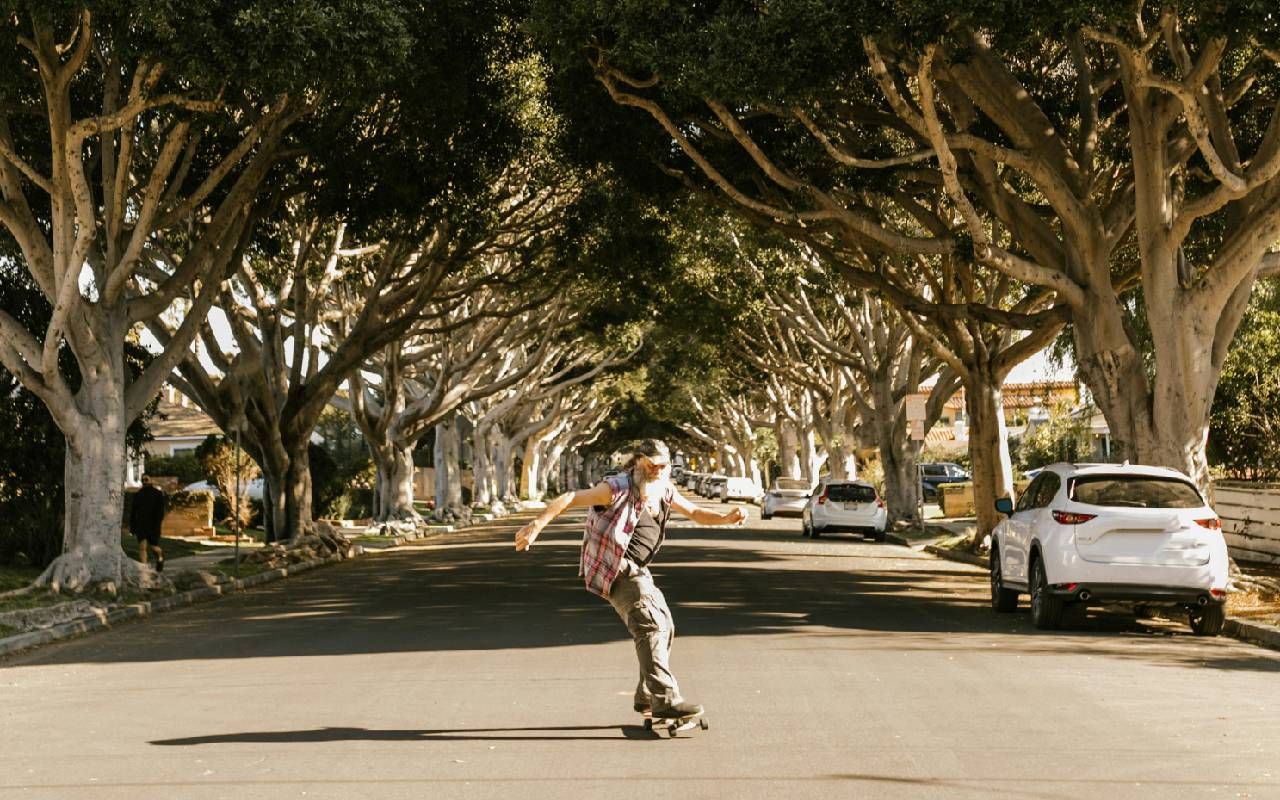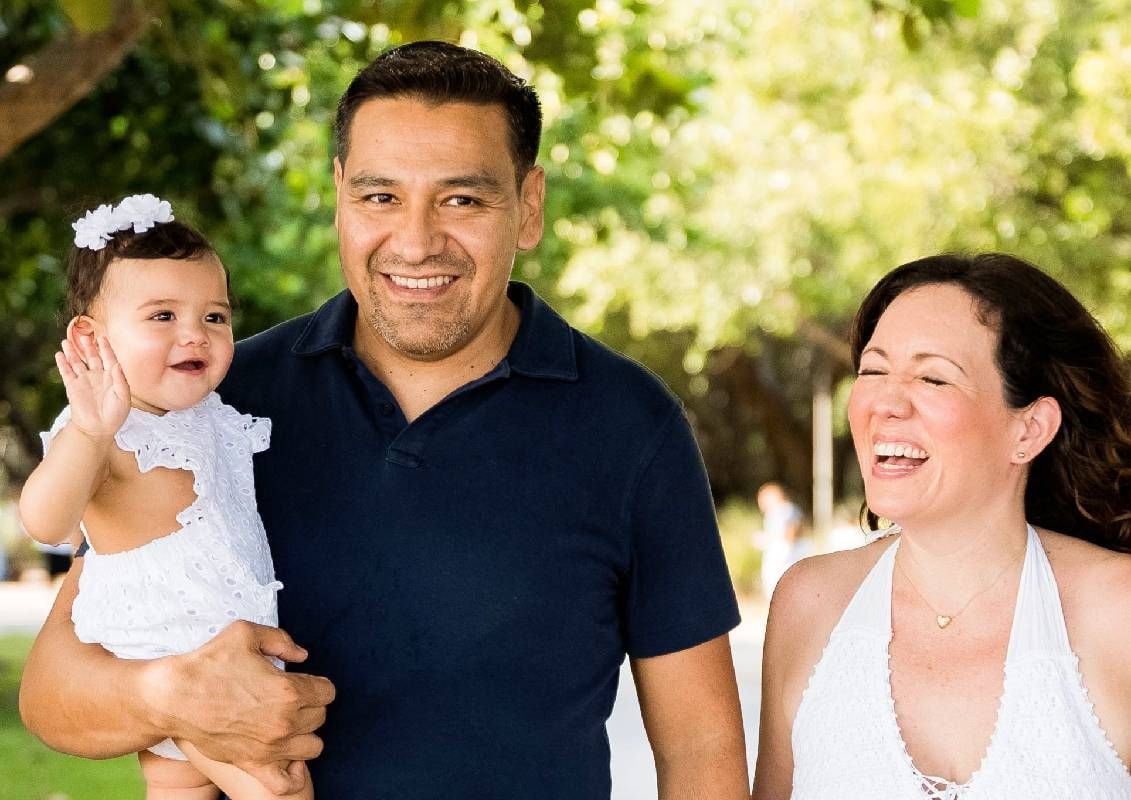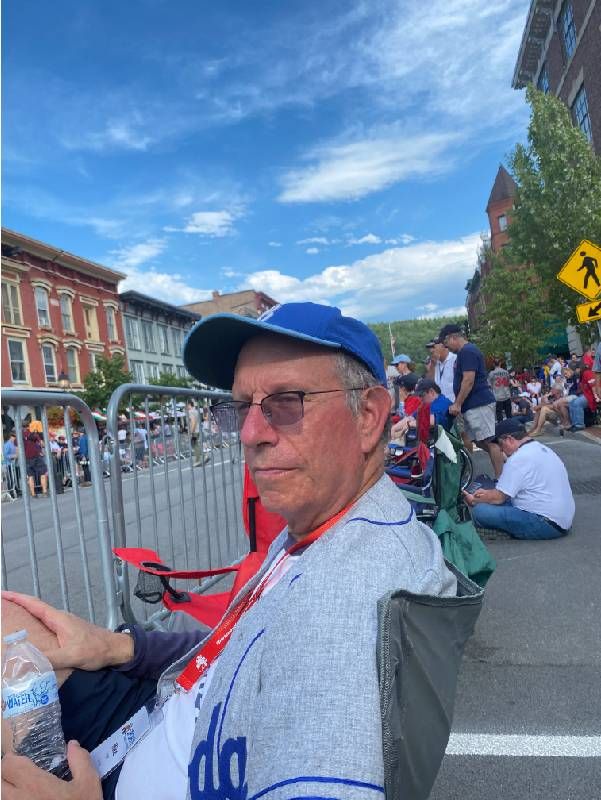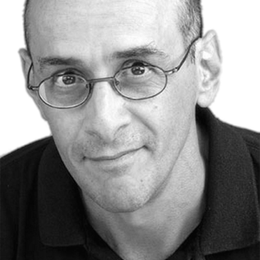Why You're Still Probably Too Young to Feel Old (And What to Do About It)
Research shows how we perceive our age can help or hurt how we go about living our lives, and even affect our likely longevity
"Are you taking care of your health?" my grandmother once asked me. The question came soon after I turned 40.
"Yes," I said. She looked skeptical. "I'll even show you." I got down on my hands and knees — my nana must immediately have wondered why — and cranked out 25 push-ups.

Unfortunately, my attempt to demonstrate robust health dismayed rather than delighted my grandmother, then 85. "You're 40 now, Robert," she reminded me. Then came a reprimand. "You're too old to be doing push-ups."
"Your age tells you only so much about what you can do."
So it often went back then, more than 30 years ago, and well before. Once you reached a certain "advanced" age, whether 40, 60 or 80, you were no longer supposed to do A, B or C.
But this self-stereotyping, also known as "internalized ageism," still goes on today, if less so. We all too often allow our chronological age to define — and sometimes even dictate — our attitude about what we can do or best avoid. We let how we feel about our age tell us how old we should act and how much we can achieve. A 2020 survey asked 2,000 Americans to pinpoint the age at which they considered themselves old: the average answer was 57.
"Your age tells you only so much about what you can do," says Tracey Gendron, chair of the Virginia Commonwealth University department of gerontology, director of the Virginia Center on Aging and author of the book "Ageism Unmasked: Exploring Age Bias and How to End It." "By itself your age indicates little or nothing about your health, happiness or likely longevity."
Everyone ages differently, of course, depending largely on genetics, socio-economic status, lifestyle habits and geographic location. Characteristics that typically correspond to old age, chiefly declines in physical and cognitive function, can emerge either early or late. Biomarkers associated with age –such as grip strength, lung capacity and skin elasticity – can and often do vary widely. One person may be biologically "old" at 50, while another is still technically "young" at 75.
How We Perceive Our Age
Research shows that how we perceive our age can help or hurt how we go about living our lives, and even affect our likely longevity. One study followed more than 1,100 people age 50 and older across several decades and asked how they viewed aging personally. Those with a positive view of getting older, compared to those with a negative view, lived an average of 7.6 years longer.
Negative attitudes present numerous disadvantages beyond shortened life expectancy. One study tracked beliefs in adults from twentysomethings to age 60. Those who saw aging as a negative were about 40% more likely than those with a positive perspective to suffer a heart attack, stroke or other cardiovascular disturbance.
Other research warns about other potential drawbacks to pessimism about growing older. According to a 2015 study, older adults who perceive themselves as frail, as opposed to still functioning reasonably well, are more likely to stop doing activities such as exercise. That shift in behavior backfires as lack of movement threatens to accelerate frailty.
Those who saw aging as a negative were about 40% more likely than those with a positive perspective to suffer a heart attack, stroke or other cardiovascular disturbance.
"Internalized ageism may give you an excuse to take less care of yourself," says Gendron. "It can block you from finding purpose and value in later life, and you may feel less like you belong and matter. It can even lead to higher risk of suicidal ideation."
Positive Views on Aging
Ah, but sit tight for a second here. Evidence increasingly makes a strong case that viewing your own aging favorably is demonstrably good for your health. It can lower your blood pressure and your risks of developing dementia; raise the likelihood that you'll exercise regularly and enable you to recover more fully from severe disability; and boost your sense of emotional well-being. You can live a healthier, longer and more high-quality life.
Your brain can benefit, too. Some research suggests you can get better at pattern recognition and resolving conflicts. You may also improve at metacognition, defined as thinking about thinking or learning how to learn.
And check out this surprising finding. In 2015, researchers scanned the brains and conducted surveys of people averaging age of 71. The scans disclosed that that the older adults who reported feeling younger than they actually were had brains structured like those of people younger than they, containing more of the gray matter vital to cognitive function that typically shrinks with age.
"We're taught that aging is a process of decline — that's largely why we misunderstand it — but we're actually always growing and developing," Gendron explains.
"You never really know what's around the corner. But I tend to believe that where you are at a particular moment is where you're supposed to be."
Certainly my nana meant well with her advice to me back in 1992. But no sooner had I heard it than I disregarded it. In my 40s, I pursued a new profession that I practice to this day. In my 50s, I kicked off a sideline career that's still going strong. I even learned, miraculously enough, to save a few dollars.
Even more was in store. In my late 60s, I started my own business. I also played pickup playground basketball until almost age 70. But why go by me?
Listen to Kristina Puga, 46, a journalist in Miami, Florida, whose blog, called "Wiser With Age," featured her profiles of people 60 plus. All the subjects she interviewed, from a Sioux chief to a champion female bodybuilder, still thrived doing what they loved, even at ages 70, 80, 90 and beyond.
'Never Too Old for Anything'
"These individuals were quite similar to a younger person – they have passions and dreams – just with more life experience," Puga says. "I saw how the power of staying optimistic about getting older rendered them ageless."

This experience confirmed her belief that she herself would likewise never be too old for anything. And sure enough, she married for the first time at age 43 and had her first baby at 44. "You never really know what's around the corner," Puga says. "But I tend to believe that where you are at a particular moment is where you're supposed to be."
So let me ask the big question here. Do you play the numbers — or, rather, let the numbers play you? Have you resolved to "act your age?" Do you accept your age as more obstacle than opportunity, so much so that you limit rather than liberate yourself?
The upshot is that your age is just a number, no more and no less. Chronological age tells us only how long we've lived so far. But numbers can lie. No one-size-fits-all formula can accurately assess our capabilities at any given age. Our "subjective" age (how we feel about our current age) counts, too.
"I've given up my dream of playing first base for the New York Yankees."
We risk a major pitfall as we get older: one day we do the math and figure we're now too old for this and certainly much too old for that. Suddenly we're tempted to rate our performance according to conventional expectations for our age. It's akin to quantifying a handicap in golf to level the playing field.
But by this attitude we get in the habit of lowering our standards and grading ourselves on a curve. We expect less and less of ourselves — whether with our health, family, friends, intellects, careers, communities or spirits — and resort to letting age serve as an excuse if we come up short.
And nobody should fault you for occasionally cutting yourself a little slack on this front. After all, getting older is a reality, inevitable, irrefutable and irreversible. Let's face it: your age is strictly non-negotiable.
Contrary to popular belief, though, your cup can runneth over at any age. For proof, just look at all the late bloomers who swear by the credo that it's never too late to try almost anything. They're out there on the frontier of "old age" defying the odds and refusing to settle for diminishing returns. They're learning chess at 50, playing soccer with grandchildren at 60 and starting to believe in God at 70.
"I've given up my dream of playing first base for the New York Yankees," admits Michael Kay, 69, a resident of West Orange, New Jersey and recently retired certified financial planner. "But I'm going to run out of runway before I run out of stuff I like to do."
Cultivating Optimism
Within only the last few years, for example, Kay resumed playing trumpet after a 50-year hiatus and now performs live regularly in a big band. He also founded Chapter X, an organization designed to help men navigate the transition into retirement. "I no longer let my age define me," he says.
You're ultimately the best judge in this vein. Whatever you decide, a certain practicality and prudence, based on your health status and personal preferences, should prevail in guiding your behavior.
"I no longer let my age define me."
Experts in aging recommend we cultivate optimism about getting older. Recognize that age is largely a state of mind, and that mindset matters. Focus on how much you're gaining with age — prowess at executive function and possibly even a hint of wisdom — rather than what you're losing. If you cop the right attitude — and treat attitude itself as if it were a muscle in need of training — you're all but guaranteed to fare well.
"We should never feel the need to let our age define us," says Gendron. "Instead, we should each take responsibility for ourselves and optimize our age."

As for me, I know this much at age 72: I'll keep moving forward. I'm going all-out to take care of unfinished business. My age promotes a growing sense of urgency. I feel compelled to try to make up for some of the time I've lost or wasted. I'm now more greedy than ever for more — more peace, more love, more rewards both tangible and intangible. I have no intention of conceding even an inch to age — that is, unless I either want to or have to. It's still too soon.
Mike Trager, a certified public accountant in Hollis Hills, New York, feels the same. "My son recently invited me to play in a softball game with him in front of my grandsons," he says. "But I felt a certain trepidation. I'm 68. Twenty years had gone by since I last played. I was worried about embarrassing myself."
But Trager played anyway. And in his first at-bat, he belted the ball into right center field for a stand-up double. Then, going himself one better, he rounded second as if threatening to sprint for third. The shortstop tried to pick him off, only for Trager to slide back into second safe.
"The highlight of my year," Trager says. "My grandsons got to see 68-year-old grandpa slide."


